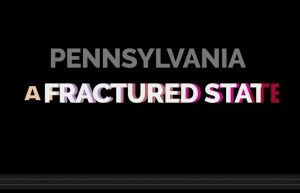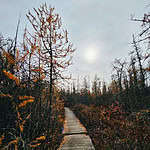CLIMATE CHANGE ISSUES
In The News
Climate talks end on a first-ever call for the world to move away from fossil fuels read on NPR
PennFuture Blog: Mapping Climate Change By Viewing USDA’s New Plant Hardiness Zones Map Read article on PennFuture site.
Environmental Organizations PennFuture, Clean Air Council, Sierra Club, and Environmental Defense Fund File Appeal of the Pennsylvania Commonwealth Court’s Ruling on the RGGI Rule Read article on PennFuture site.
PA Solar Center: Guidebook On Large-Scale Solar Energy Facilities For Landowners Now Available Read article on PA Environment Digest website.
Shapiro Administration Announces Appeal Of RGGI Rejection To PA Supreme Court To Preserve Authority For Future Governors. Read article on PA Environment Digest website.
The threat of climate change on our area is not trivial.
The Pocono Record invited readers to share their opinions on climate change in the Poconos.
We are very privileged to live in an area with remarkable natural resources and natural beauty. Among these are the streams and creeks of the Brodhead Watershed. Such is the nature of these unspoiled waterways that four U.S. Presidents have traveled here to fly fish in our streams, and to this day our streams are renowned for trout fishing. The Pennsylvania Department of Environmental Protection has recognized several of our streams with their highest level of recognition and protection by designating them as “Exceptional Value”.
There are many threats to the health and purity of our waterways. One of the most insidious and threatening is global climate change which threatens to warm the water by extending warm seasons and increasing average summer temperatures, as well as increasing the risk of both floods and drought conditions which can drastically alter the flow and course of these streams.
As the temperature of our streams increases, even by only a few degrees, they become inhospitable to the fly larvae that fish depend on for food, as well as becoming hostile for hatching and development of fish eggs.
In this way, small changes in the temperature of our surface waterways can have a very large impact on the life that thrives in those streams, threatening the nature and natural beauty of our country home.
The threat of the impact of climate change on our area is not trivial. The northeastern US is among the fastest warming regions in the country due to climate change. Over the past several decades, autumn has grown longer, and spring has started sooner.
“Polar vortexes” are now shorter, and warmer. In Dixon Miller State Forest, the average January temperature in 1993 was -14 degrees Fahrenheit. Christmas in 1980 was negative -15 degrees. This forest has not experienced a mean monthly temperature below 0 degrees in decades. For the past two years, temperatures have not even dropped below zero. Those bitter cold days and weeks were once crucial for slowing down the spread of Deer Ticks as well as to stop invasive species like the Wooly Adelgid, and the Spotted Lanternfly. Consistent cold helps maintain a healthy snowpack.
The snowpack insulates the soil, protecting our sensitive native Sugar Maple and native insects from the harshest winter cold snaps.
If we are going to protect our natural beauty and environmental resources, taking aggressive steps to mitigate climate change is essential as the changes of greenhouse gas emission on our country home are already apparent. Further changes will develop and accelerate until the environment and our waterways are no longer the wonderful country streams and creeks that we live alongside today. The time to act is nearly past, and further procrastination or inaction can have drastic effects on our home, as well as our planet.
We strongly encourage our neighbors to join with us in taking all possible steps to help protect our environment, our natural resources and our country home from potentially catastrophic damage.
TO READ MORE RESPONSES in the Pocono Record, click here.
Do you know your rights?
The Environmental Rights Amendment in Pennsylvania is a provision that ensures the protection of the state’s natural resources. The ERA reflects a commitment to environmental protection and stewardship, recognizing that a healthy environment is a fundamental right for all citizens and a necessary condition for the well-being of future generations.
PA: A FRACTURED STATE
Mark Lichty, a longtime member of BWA, realized after talking to many fellow Pennsylvania citizens, that many did not know their rights under the Environmental Rights Amendment to the state constitution – which is the right to pure water and clean air. The result of this realization was the creation of this short film: PA: A Fractured State, which can be viewed HERE.
Lichty also interviewed Delaware Riverkeeper, Maya van Rossum, on the issue. Click here to see the video.
A drop in the bucket

– By Mark Lichty of
East Stroudsburg, Pa.
November 2021
I recently spoke with a police officer supervising imprisoned workers. He was parked in a van which was left running on a sunny day while they had lunch. Unable to restrain myself, I said to the officer, “You know when you are idling the van, your car is costing money, and also fueling the climate emergency.” (I use the term climate emergency to hopefully get folks to better understand the gravity of the weather chaos.)
He politely replied, “I know, but I have to keep the van in readiness in case we are called for an emergency.”
I didn’t say, “Can’t you just turn the van on?” Later, I wondered if it’s a policy of the police that vehicles be kept running at all times in case of an emergency. How does the climate emergency weigh into that decision-making? I have had the same conversation with bus drivers in the past.
As our climate chaos explodes, we see the deniers’ voices drowned out by floodwaters and rising tides. Their words muted by the roar of the forest fires. Their archaic ideology blown asunder by the fierce winds humankind has created.
Unfortunately, the 2% of the climatologists who still deny what is evident have an outsized voice. They have managed to blunt progress, causing us to spend billions on infrastructure that should never have been needed.
This conversation seems to be a drop in the bucket. Maybe if there are enough drops, the bucket will be filled. In any event, I will be able to look at my grandchildren in the eye and say about the climate emergency, “I did what I could.” Your grandchildren deserve that from you as well. They and you, too, can be drops in the bucket.
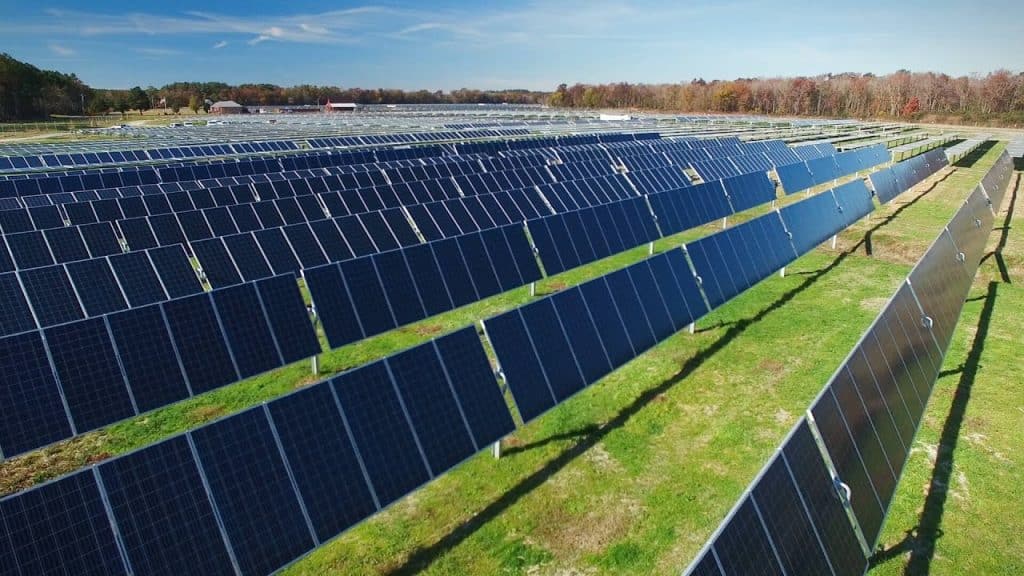
Pennsylvania is on the cusp of a solar energy boom.
Some communities want to fight it. Read more from State Impact Pennsylvania.
Texas blackouts point to coast-to-coast crises waiting to happen
Continent-spanning storms triggered blackouts in Oklahoma and Mississippi, halted one-third of U.S. oil production and disrupted vaccinations in 20 states. Read more here, from The New York Times. https://www.nytimes.com/2021/02/20/climate/united-states-infrastructure-storms.html
Pa.'s hidden fossil fuel subsidies
PennFuture has unveiled a report that details the depths that Pennsylvania goes to subsidize the fossil fuel industry. PennFuture was joined by the Center for Coalfield Justice and the Ohio River Valley Institute, among others, to create the 80-page report “Buried Out of Sight: Uncovering Pennsylvania’s Hidden Fossil Fuel Subsidies.”
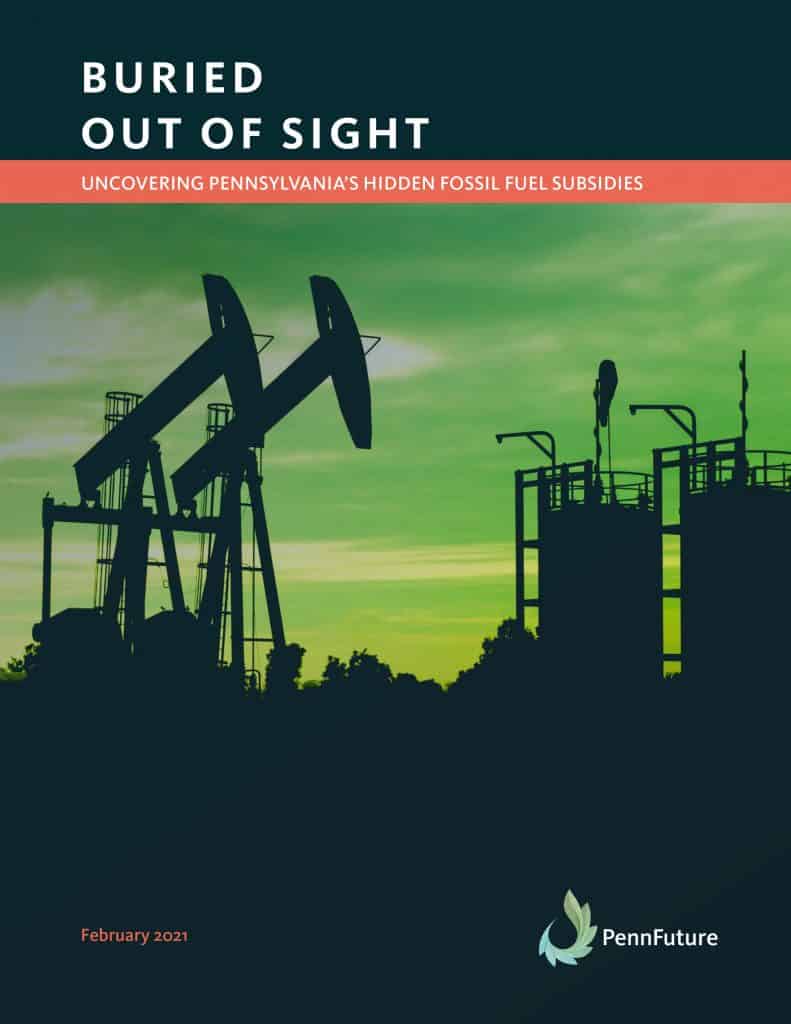
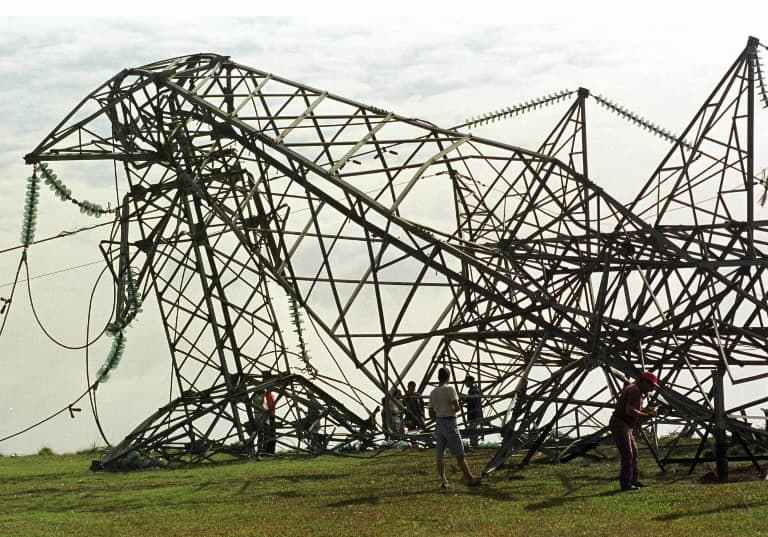
A glimpse of America's future: Climate change means trouble for power grids
Systems are designed to handle spikes in demand, but the wild and unpredictable weather linked to global warming will very likely push grids beyond their limits. READ MORE at https://www.nytimes.com/2021/02/16/climate/texas-power-grid-failures.html
Burning Wood? Caring for Earth?
Many years ago, back in the mid-1970s during the “oil embargo,” heating with wood became the rage. For some, the trend endures. And while there are environmental concerns about burning wood, individually, those who want to keep the home fires burning should attempt to reduce their potential impact by improving forests while being good environmental stewards. CLICK TO READ MORE.
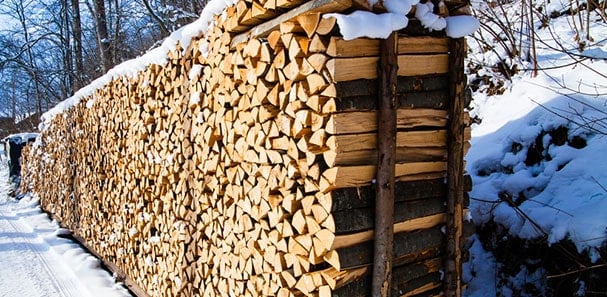

carbon pollution ‘costs are high’
BWA Executive Director Kelly Gallo testified on the Regional Greenhouse Gas Initiative. Click here to read her testimony to the Pennsylvania Department of Environmental Protection.

‘Climate CHANGE IS WATER CHANGE’
From our friends at Trout Unlimited comes a blog to catch your attention:
“Climate change is water change. A warmer climate impacts nearly every facet of the water cycle. … Unless bold actions are taken now, some of the most harmful causes of river degradation will accelerate as the climate continues to warm.”
Click here to read more about how local efforts can “move the needle nationally.”
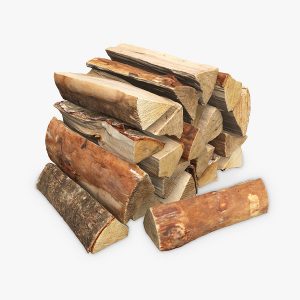
WINTER IS COMING! USE CARBON-NEUTRAL FUELS.
Carbon neutral fuels do not increase the amount of carbon dioxide cycling through the atmosphere. Wood is carbon neutral. Fossil fuels, such as coal, are not. Find out more about carbon neutral fuels here.
Our Latest Video
“How the Climate Crisis is Impacting Wildlife and What We Can Do About it,” with Ed Perry of the National Wildlife Federation. CLICK HERE TO SEE THE VIDEO
An event hosted July 13, 2019, by Brodhead Watershed Association’s Climate Action Committee
QUESTIONING CANDIDATES ON CLIMATE CHANGE
How do political candidates propose to battle climate change on a local level?

Here’s the question posed to candidates earlier this fall:
“As bipartisan Congressional support for carbon tax legislation increases (i.e. Energy Innovation and Carbon Dividend Act), it’s likely the future will hold carbon use related fees for both individuals and governing bodies. Throughout our state, local governments are adopting resolutions and establishing plans to power their communities with 100% renewable energy. What actions would you take to decrease your municipality’s carbon footprint, promote renewable energy, and save future taxpayers the burden of carbon tax fees?”
Upcoming Events
Check back as dates are added!
What is Climate Change!
A change in global or regional climate patterns, in particular a change apparent from the mid to late 20th century onwards and attributed largely to the increased levels of atmospheric carbon dioxide produced by the use of fossil fuels.
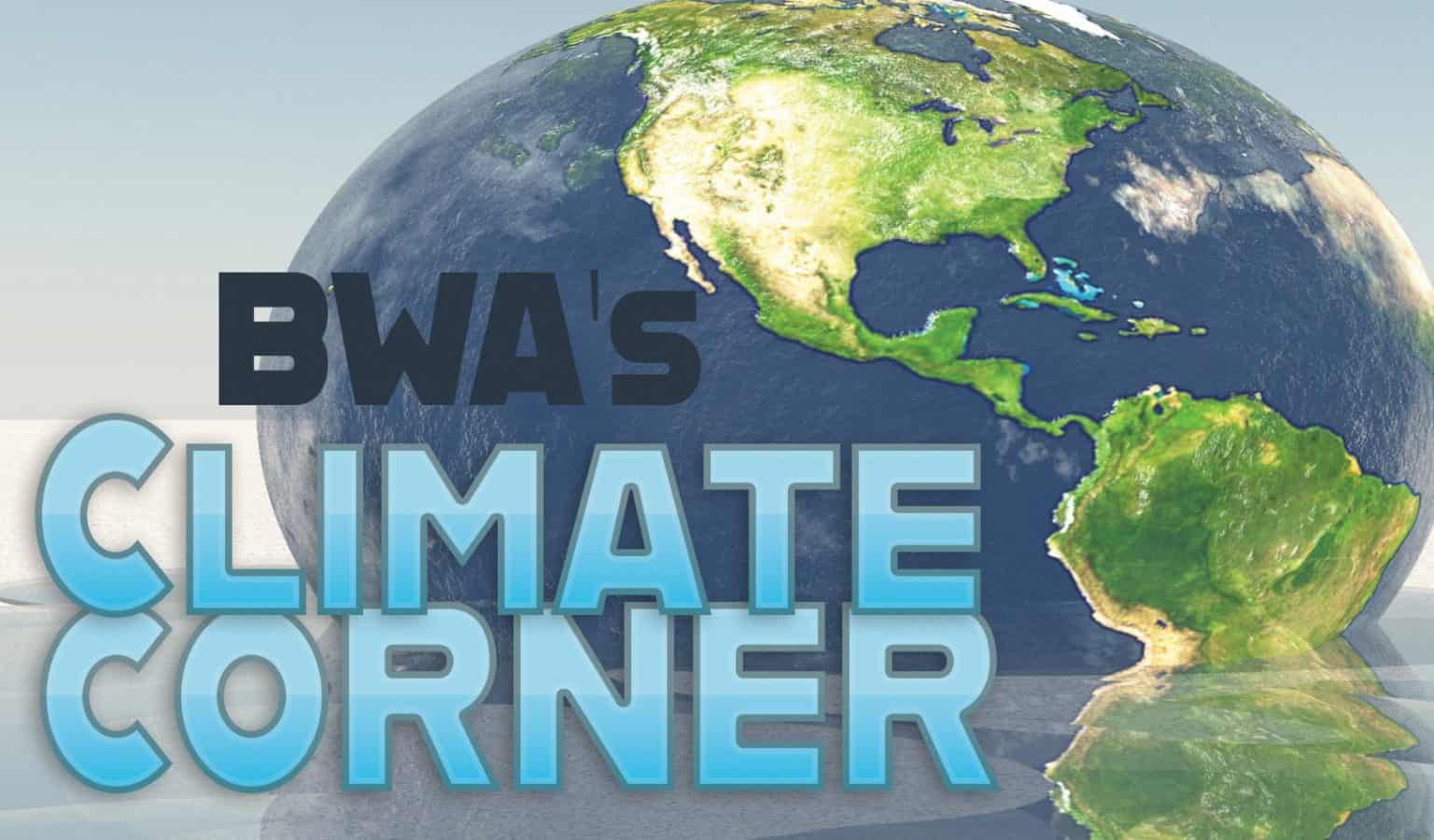
2021 SERIES
Defining the climate emergency: How terminology illustrates a growing problem.
PA a target for harm: Is the Pocono area a “wet place”? Yes. The Pocono area is a very wet place, and getting wetter.
Temperature trends indicate that Philadelphia could feel like Richmond, Va., in less than 30 years.
The heat and water would combine to threaten the Poconos with flooding, infrastructure damage and more.
But there are ways we can fight this fate.
Hotter, wetter and worse: Pennsylvania has undergone a long-term warming of more than 1°C over the past 110 years and will continue to warm. It will also continue to become wetter, with “blockbuster” winter storms and flooding. Yet the state may grow drier overall and experience more drought because rainfall will not compensate for the drying effects of a warmer climate. READ MORE HERE
Making it work: In a series of articles we’ll discuss the science – what is happening and why, the impacts on our water resources, existing infrastructure, outdated stormwater management plans, and the costs in terms of infrastructure, water resources, and human services. READ MORE HERE
WHAT WE'VE LEARNED
Results from previously held events hosted by BWA’s Climate Change council. Click to read more:
–> WHERE ARE ELECTRIC CAR CHARGING STATIONS IN MONROE COUNTY, PA.?
–> WHAT CAN WE DO? EVERYDAY WAYS PEOPLE CAN BATTLE CLIMATE CHANGE
–> HOW CLIMATE CHANGE IS ALREADY AFFECTING YOUR BACK YARD (VIDEO)
READ MORE ABOUT CLIMATE CHANGE
in the news on BWA’s Environmental Alerts page. CLICK HERE.

